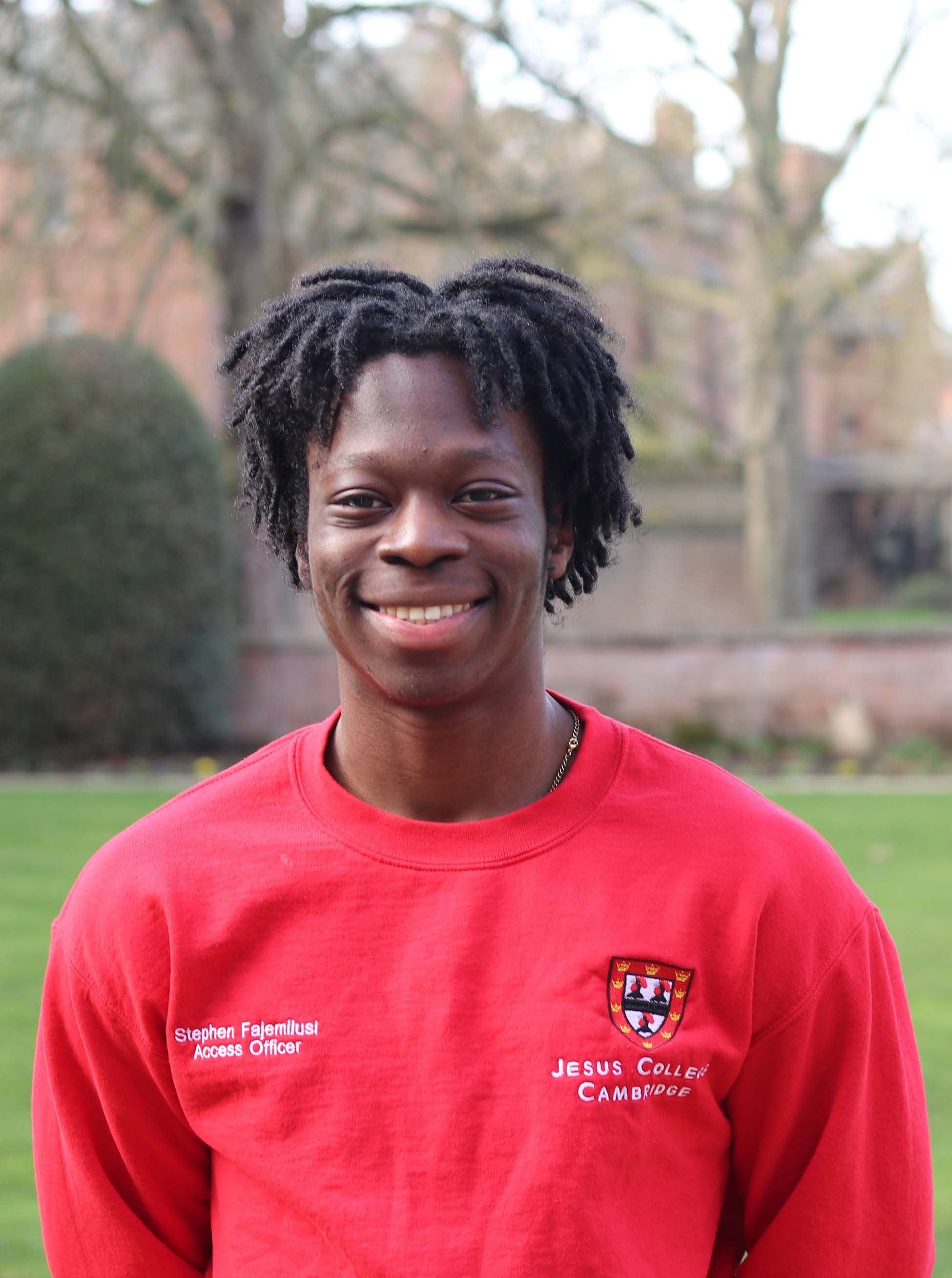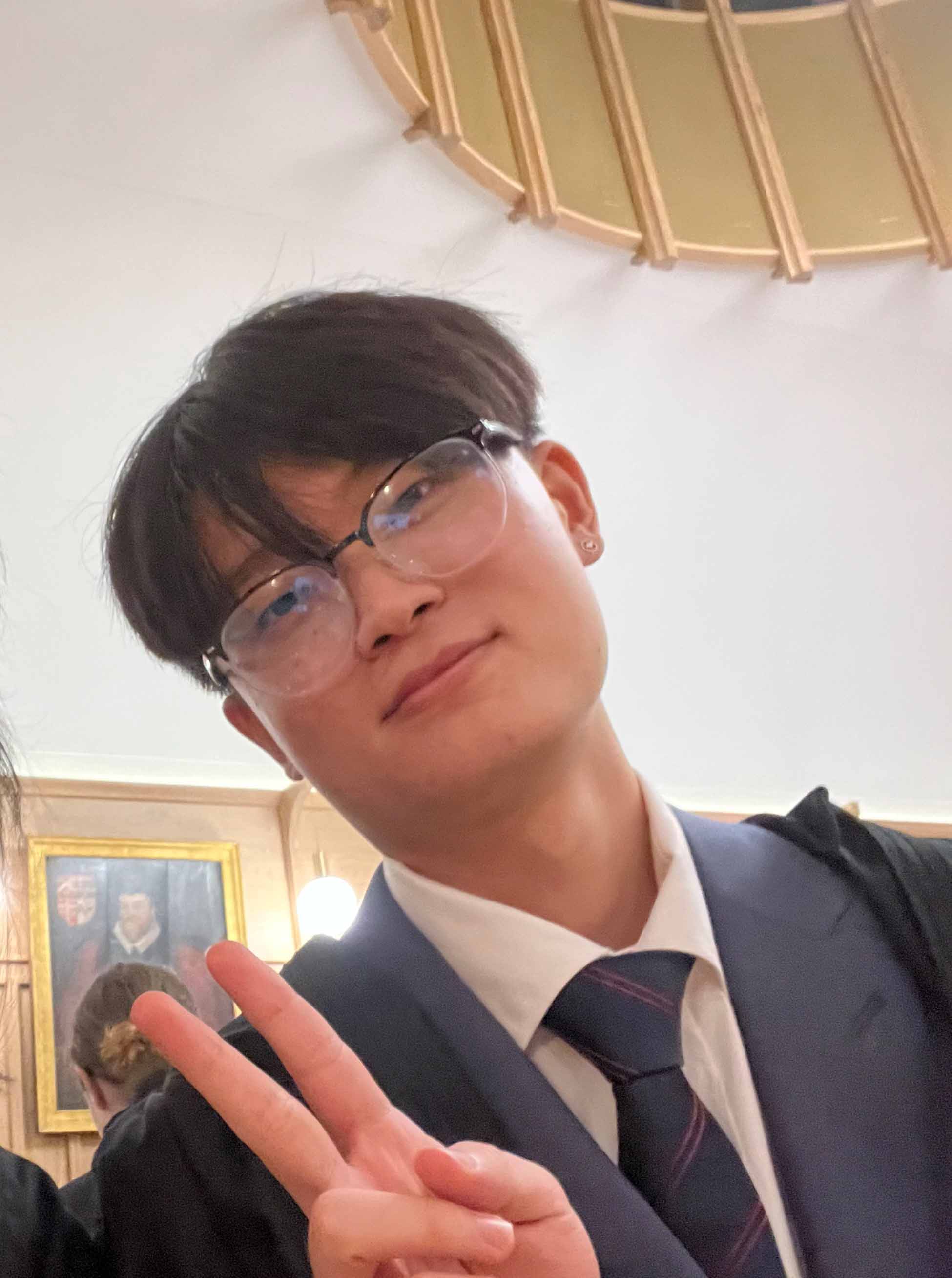
Stephen
The Cambridge Natural Sciences Course lasts for 3 years and 4 if you decide to do an integrated master's. Your first year consists of taking 3 sciences and a mathematics option. As you progress through your degree, you begin to specialise and thus take fewer options. In my first year, I took Biology of Cells, Chemistry, Materials Science, and Mathematics B. For second year, I am currently studying Chemistry A, Chemistry B, and Materials Science. For 3rd year I am looking to specialise in either Chemistry or Materials Science. Like most STEM degrees, you attend lectures and practicals, some of which may be computational. The main form of teaching, however, takes place in the form of supervisions. Supervisions are small group teaching sessions consisting of 2-3 students and an academic. They're an opportunity to discuss any questions you might have on the lecture material and go through the weekly problem sheets or essay questions that they set.

Difei
Most science subjects can be divided into lectures, practicals and supervisons. In the first year, there are 3 hours of lectures and usually 1 hour of supervision each week. The contents build on A-Level chemistry with focus on both organic/inorganic chemistry and physical chemistry. Practicals take place every other week with a primary focus on organic chemistry. In the second year, chemistry is divided into 2 subjects. Chemistry A focuses on theoretical chemistry and Chemistry B focuses on organic and inorganic chemistry. Each Chemistry subject has 3 hours of lecture, 1 hour of supervision and 1 practical/computation lab session (from 1.45pm to around 5pm) each week.